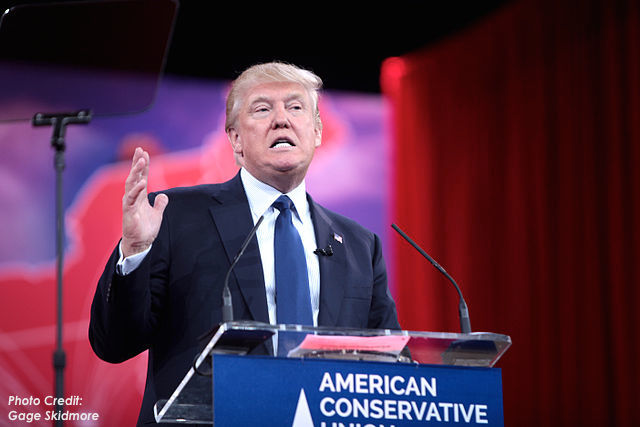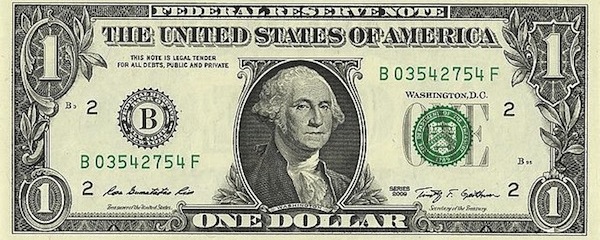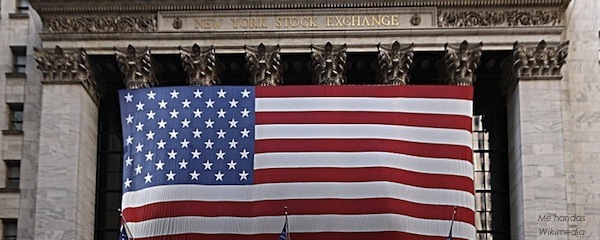The essay below was co-authored with Stephan Richter, Editor-in-Chief of The Globalist, where it originally appeared.

Hillary Clinton’s campaign may not develop the sizzle the would-be first Madam President and her team has long planned for. But the race has already created its first, truly searing image in the skin of the American nation.
To the Democratic Party establishment’s great relief, this is not the result of any of Hillary Clinton’s missteps, of which there have been some.
Rather, the problem emerged from the inside of the tent of the Republican Party. It is commonly called the “Donald Trump problem.”
The worst part for the Republicans is that Trump has the same effect as a Trojan horse. (Beware of the “Greeks” bearing gifts, Republicans of the United States!)
Trump’s emergence in the polls in Iowa and New Hampshire gives the Democrats a secret weapon to frame the race – and the entire Republican field — well before a Republican nominee emerges.
Trump’s troublesome personality characteristics and policies are essentially also true of nearly all the other Republican candidates, but nobody knows who they are and there are twenty of them. He jumped from 3% to 12% in CNN’s polling of Republican voters nationwide from May 31 to June 28. That puts him within striking distance of Jeb Bush, whose campaign is floundering.
Donald Trump’s net worth
It would be one thing if Trump’s downer effect were only that he embodies ostentatious – even offensive – wealth, far more so than Mitt Romney, the party’s 2012 candidate, ever did. The comparatively reserved Romney came to symbolize the 1% class with “just” $250 million. Forbes values the flamboyant Trump at a minimum of $4.1 billion.
That also means that Trump outperforms the previous wealthiest candidate ever to seek the U.S. presidency — Ross Perot – by a factor of two. (Perot ran in 1992 as an independent against President George H.W. Bush and then-Governor Bill Clinton.)
So, he paints Republicans firmly into the corner of the money worshippers (which inoculates Hillary Clinton against similar charges).
But an ocean of money is not Trump’s only similarity to Mr. Perot. Trump represents a similar brand of nativist economic populism that is popular with a sizable chunk of American voters.
In an era where Democrats are publicly debating the economic values of their party, Trump helps divert the (rightly or wrongly) feared label of “economic populist.”
That alone would not cause Republicans a problem, were it not for the unfortunate fact that nearly all their major candidates this cycle are promoting similarly ridiculous and nativist platforms on economics, immigration and beyond.
Hillary’s man in the Republican camp
Where Trump does Hillary’s (and the Democrats’) bidding is that he is a very loud magnet for media attention. Without the Democrats trying (and leaving fingerprints), Trump highlights how not-ready-for-primetime the rest of the Republican field is.
His outrageous views on racial minorities are doubly politically problematic: First, he profits off employing “illegal” workers at construction sites.
And second, the silence of the Republican field to stand up to Trump’s race-baiting is as deafening as it is electorally deadly.
Read more





